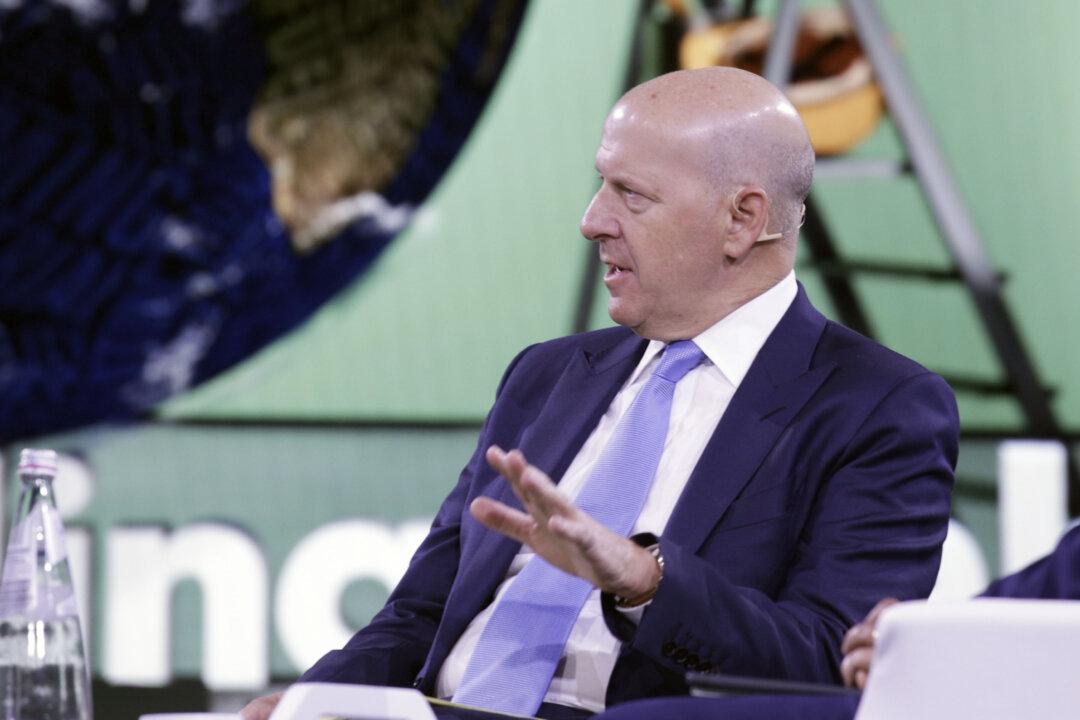Commentary
Following the tragic death of George Floyd while being arrested by police in Minneapolis, corporate America issued statements and opened up checkbooks to support the black community.

Following the tragic death of George Floyd while being arrested by police in Minneapolis, corporate America issued statements and opened up checkbooks to support the black community.